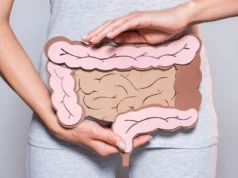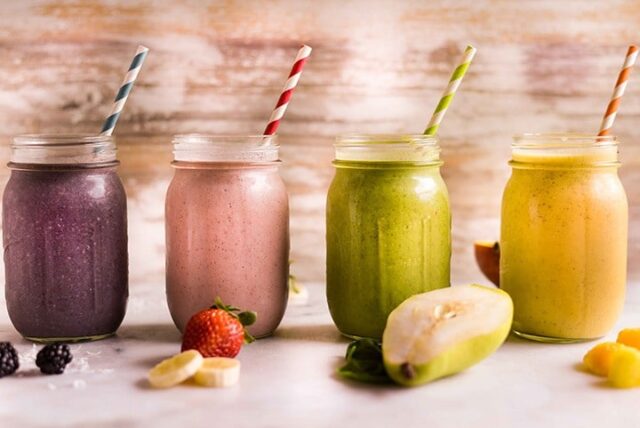
We are living in times where living and eating healthy is really important to a lot of people, yet, we are left with less and less time to sit and eat properly by the day. Our fast-paced lives are leaving significant traces on our minds and body. We don’t sleep enough, we spend too much time on our devices and we’re eating whenever we can. A combination of those three is anything but good for us so we need to look for alternatives for at least some of them.
We cannot add more hours to a day, but we can try and go to sleep earlier and as far as devices go – if our livelihood depends on it, there’s honestly nothing significant to be done. Sure, we can cut our social media browsing time and do something else instead, but we need to relax a bit, too. So, what can we do to make our fast-paced lives a bit more chill and healthy? Well, we can try and eat as healthy as we can.
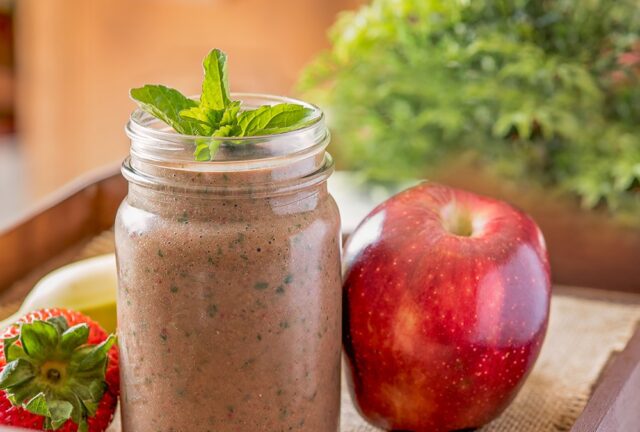
Diet has become a conversational topic for everyone now. It’s not just nutritionists and professional athletes that are conscious about what they eat, everyone’s boarding the health train. Which is a good thing. We need to take care of our bodies. We need to work out, move more, eat healthier and a lot of other things, too. However, not all of those are possible. Take an average day for example. You sleep for 8 hours (if you’re lucky, but let’s just say it’s like that for the sake of the argument), you work for another 8 to 12 depending on whether you’re working a 9 to 5 or you’re a business owner. In the best-case scenario, you’re left with 8 hours to eat at least three times, shower, work out, talk to someone else, do something fun etc. Not a lot of time even in the best-case scenario. So, what do we do?
We find alternatives. Instead of an hour and a half workout, we do 30 minutes of HIIT. Instead of relaxing in a bathtub we take a breezy shower and are out of it 5 minutes. Instead of sitting down and eating a proper meal three times a day, we drink a shake. Doesn’t seem like a proper substitute for a meal, but, who knows? Today, we’re going to talk about it. What are meal replacement shakes and are they healthy?
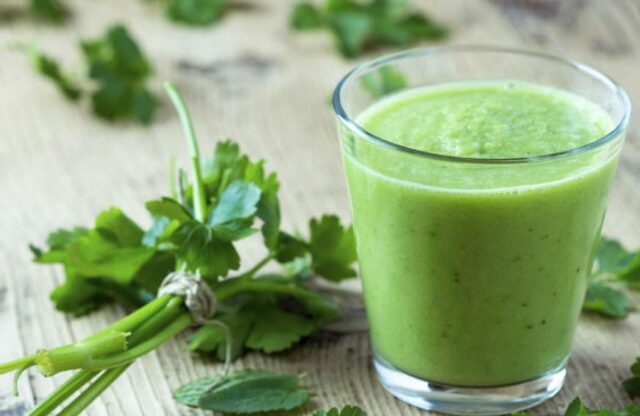
First of all, let’s see what meal replacement shake is. Sure, the name is pretty much self-explanatory, but is it fitting? For the sake of the article, we’re not going to focus on home-made shakes, where you’d put fresh ingredients in the blender and just mix them all up. No, we’re going to talk about the pre-made, bottled or otherwise packaged products you can find online or in your local store.
Those drinks claim to possess all the necessary vitamins, minerals and micronutrients you need. That means carbs, fats, protein, fibres and more. For example, Soylent drink will deliver 20 grams of protein, 21 grams of fats and 36 grams of carbs per serving, which seems pretty rich. If you’d like to see what some of the other drinks bring to the table, you can check out LatestFuels. All in all, this seems like a complete meal when you take a look at those numbers. However, are those actually healthy?
The best way to determine whether something is healthy or not is to take a look at the ingredients label. What we can usually see on the backside of the packaging is a lot of sugar, vegetable oils (corn mostly) and sometimes even a mixture of them. Alongside those, you can find milk protein concentrate, protein isolates (mostly soy), cocoa powder and a lot more of those. As you can see, all of the above-mentioned ingredients are not quite fresh. So, in a meal of about 300 or so calories, you end up with artificial ingredients, over 20 grams of sugar (which are basically empty calories) and essentially no fibre whatsoever. This does not apply to all replacement drinks, however, it is the case for the majority of them.
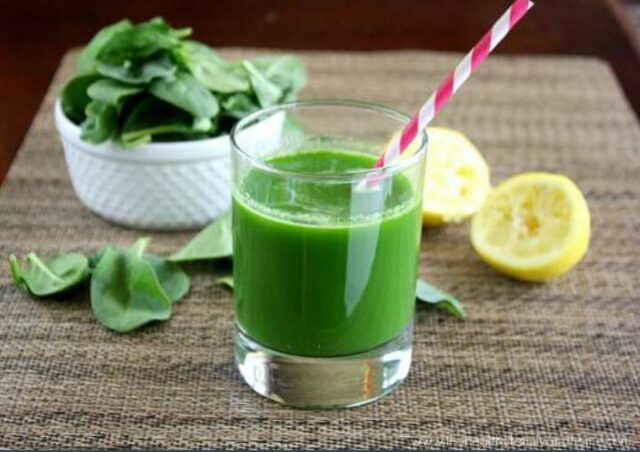
What about the minerals? Well, sodium selenite and potassium iodide don’t really seem like a mineral you’d find in nature, yet, they’re present in most of the drinks. All of these so-called minerals and vitamins and ‘essential nutrients’ are processed foods, there’s no way around it. Most of these drinks are packed with artificial ingredients. Oils, preservatives (these are necessary for prolonged shelf life), colour and flavour enhancements (which we’ll touch on in a moment) and more.
Another thing that is often associated with meal replacement drinks is an abundance of flavours. Cookie dough and chocolate sound delicious and they taste delicious as well, however, what that means for the actual meal is unnecessary sugar and artificial sweetener. All of these are bad for your digestion and overall health. Digestive problems might be the first problem you’d encounter because of the lack of fibres, probiotics and antioxidants in these products.
Many people decide to substitute their meals with these drinks because they want to lose weight. They can count their calories more easily, it’s faster and more convenient. it seems like a fool-proof method at first glance. However, this does not work in the long term. While you might shed some weight quickly, you could also end up craving actual food and stunt your process.
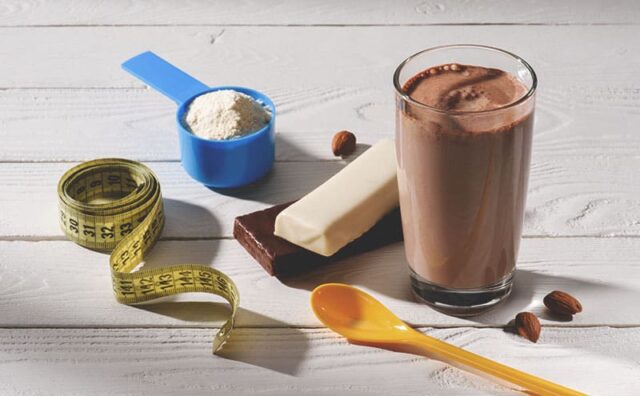
Overall, the effect of these drinks and whether they are healthy depends entirely on the way it is integrated into your diet. It’s neither healthy nor unhealthy. Naturally, if you decide to switch all of your proper meals for a drins, it is in no way healthy. However, if you decide to integrate these into your meal plan, perhaps switching a single meal or a snack for a drink, it could be beneficial in some ways.
The only thing to remember is to have all of the essential nutrients, minerals, vitamins, fibres and so on from regular, fresh food. Try and look at these replacement drinks, even though they’re called that way, as an addition to your diet. As of now, we don’t have anything that can replace a proper meal and provide you with all the necessary stuff you need.



